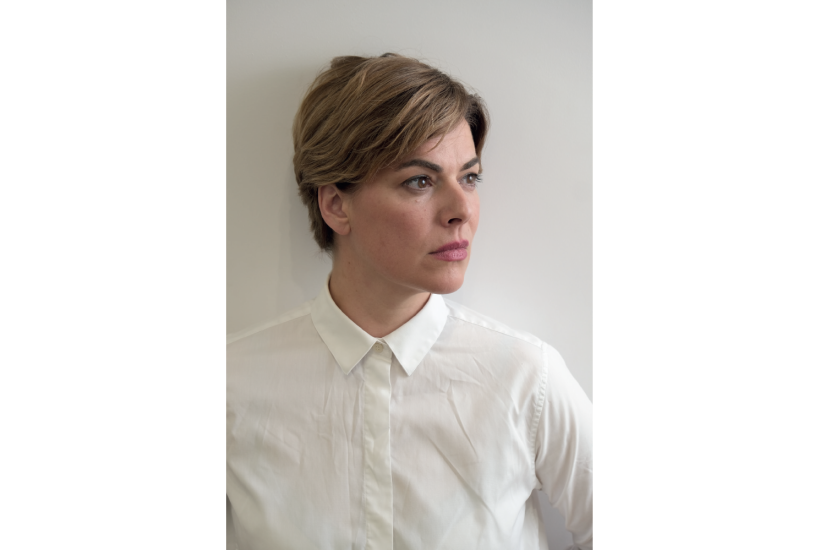Ebullient, articulate and eminently sensible, Rosie Kay never wanted to be a martyr to the culture wars. A modern dance choreographer with an impressive track record – including 5 Soldiers, an award-winning exploration of army life, contributions to the closing ceremony of the 2012 Olympics and a fellowship at Oxford – she would rather be getting on with the business of creating new work for her small dance company.
Already a subscriber? Log in
Subscribe for just $2 a week
Try a month of The Spectator Australia absolutely free and without commitment. Not only that but – if you choose to continue – you’ll pay just $2 a week for your first year.
- Unlimited access to spectator.com.au and app
- The weekly edition on the Spectator Australia app
- Spectator podcasts and newsletters
- Full access to spectator.co.uk
Or
Unlock this article
You might disagree with half of it, but you’ll enjoy reading all of it. Try your first month for free, then just $2 a week for the remainder of your first year.








Comments
Don't miss out
Join the conversation with other Spectator Australia readers. Subscribe to leave a comment.
SUBSCRIBEAlready a subscriber? Log in